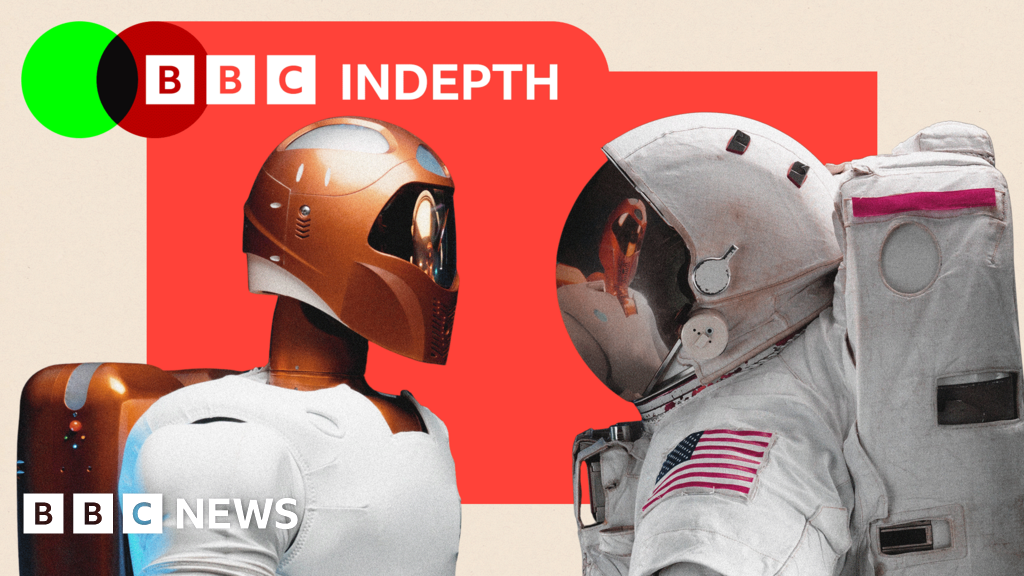On Christmas Eve, a groundbreaking event occurred as an autonomous spacecraft flew past the Sun, closer than any human-made object had ever done before. Nasa’s Parker Solar Probe, on a mission to learn more about the Sun and its effects on space weather, accomplished this feat without any direct human involvement, carrying out its pre-programmed tasks as it traveled past the sun without communication with Earth.
This milestone in space exploration, achieved by autonomous spacecraft like the Parker Solar Probe, has led some scientists to question the necessity of sending human astronauts on future missions. Lord Martin Rees, the UK’s Astronomer Royal, believes that the rapid development of robots and advanced artificial intelligence makes the case for sending humans into space weaker over time. He argues that taxpayer money should not be used for this purpose.
Physicist Andrew Coates from University College London also supports the idea of relying on robotics for space exploration, citing their ability to travel further and accomplish more tasks than humans. He emphasizes the cost-effectiveness of robots and the potential for them to become increasingly sophisticated with advances in AI technology.
While robots may offer many advantages in space exploration, some argue that humans still have unique capabilities and qualities that robots cannot replicate. Dr. Kelly Weinersmith, a biologist at Rice University, points out that humans are more versatile and can accomplish tasks faster than robots, but are also more expensive and difficult to sustain in space. Dr. Ian Crawford, a planetary scientist at the University of London, questions whether robots will ever be able to match the exploration capabilities of humans.
Technology, such as AI assistants and humanoid robots like Nasa’s Valkyrie, could complement human space travel by assisting astronauts with tasks and allowing them to focus on research. These advanced machines have capabilities that mimic those of humans, such as Nasa’s Robonaut, which was designed for use in space and could perform tasks that would be challenging for other robotic systems.
While robots like Nasa’s Curiosity rover can autonomously perform scientific tasks on other planets, their capabilities are limited by their slow pace. Additionally, humans have the unique ability to inspire people back on Earth in a way that machines cannot. Leroy Chiao, a retired Nasa astronaut, believes that human missions to space capture the public’s imagination and excitement in a way that robotic missions cannot.
As the debate over the role of humans versus robots in space exploration continues, the future of space travel remains uncertain. With plans to return humans to the Moon and explore Mars in the coming years, the question of whether humans will continue to play a vital role in space exploration remains unanswered.

